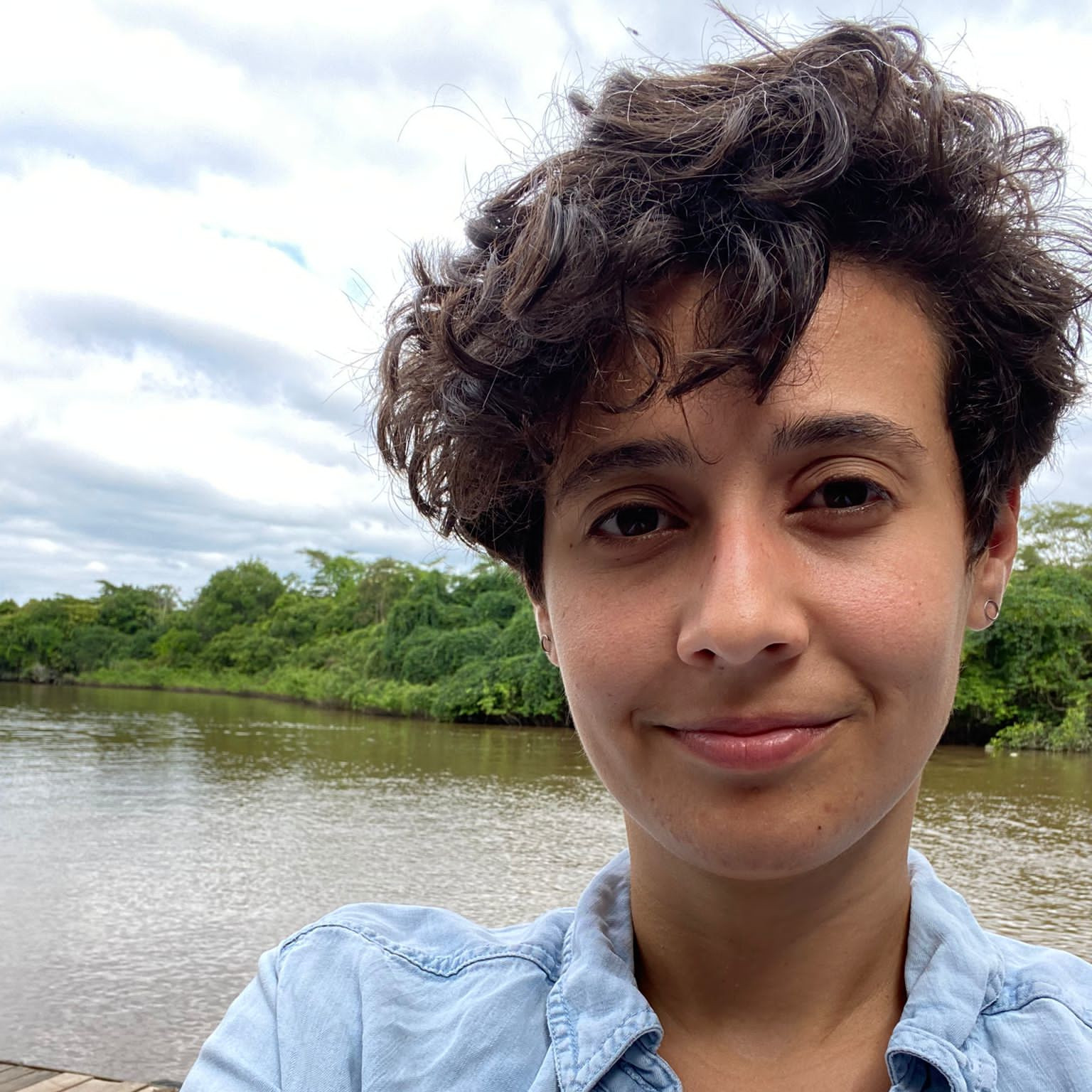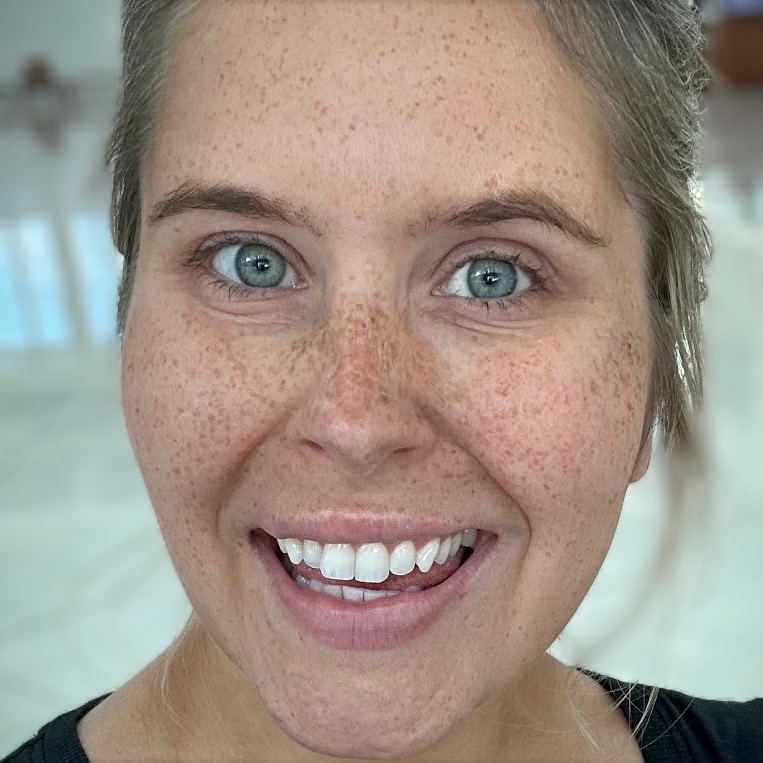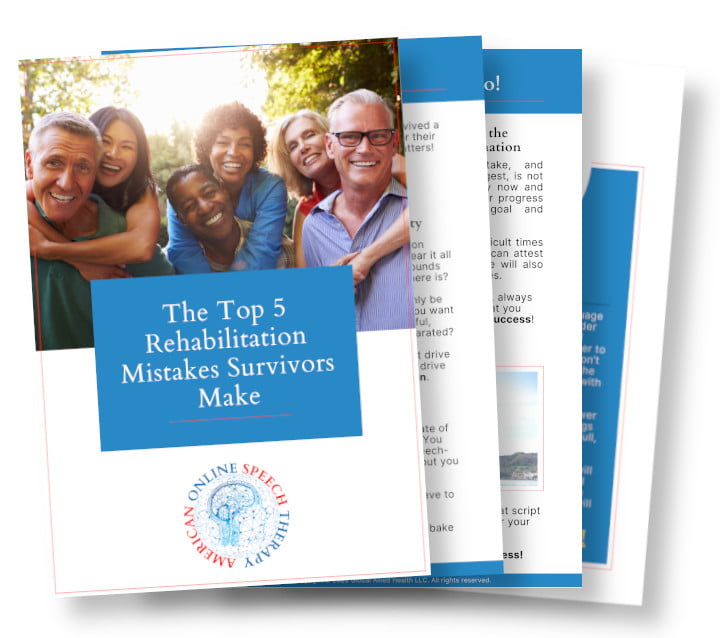






Schedule a Consultation

Meet Your Speech Therapist

Get Your Life Back

Seth Koster graduated from Eastern Michigan University with his bachelors degree in Speech and Language Impairment in 2007 and graduated from Howard University with his masters degree in Communication Science and Disorders in 2010. He is licensed in multiple states and holds the national Certificate of Clinical Competence in Speech-Language Pathology (CCC-SLP) through the American Speech-Language-Hearing Association (ASHA.org) and has been a guest speaker and taught courses at universities in the USA, Japan and Vietnam.

Estefania Moreno, M.S. CCC-SLP

Allison Elwell, M.S. CCC-SLP

Emiko Lee, Writer
A stroke occurs when the blood supply to part of your brain is interrupted or reduced, preventing brain tissue from getting oxygen and nutrients. Brain cells begin to die in minutes. It's a medical emergency that requires prompt treatment. There are two main types: ischemic, due to lack of blood flow, and hemorrhagic, due to bleeding.
Yes, and they require immediate attention. Think 'FAST': Face drooping, Arm weakness, Speech difficulty, Time to call emergency services. Other symptoms may include sudden numbness, confusion, trouble seeing, walking, or severe headache.
Stroke can impact communication abilities, leading to conditions like aphasia (difficulty in understanding or expressing language), dysarthria (slurred speech), and apraxia (trouble in coordinating the muscle movements needed to speak). The extent varies based on the stroke's location and severity.
Absolutely. Speech therapy is a critical component of post-stroke rehabilitation. It helps survivors regain communication skills through various techniques, tailored to their specific challenges. Improvement is often observed, though the extent and speed can vary.
Online speech therapy offers flexibility, accessibility, and comfort. It's particularly beneficial for those with mobility or transportation challenges, allowing them to receive therapy from home. The effectiveness of online therapy is comparable to in-person sessions, backed by technological advancements and interactive tools.
Stroke recovery is a highly individual process. Some patients see significant improvements in weeks or months, while others may experience a longer journey. Consistent therapy, a supportive environment, and a personalized rehabilitation plan play crucial roles in recovery.
Yes. Managing risk factors is key. This includes controlling high blood pressure, quitting smoking, maintaining a healthy diet, regular exercise, and monitoring cholesterol and diabetes. Regular check-ups with your healthcare provider are also essential.
Stroke can impact the entire family. Support comes in many forms: educational resources, support groups, counseling, and respite care services. Engaging with communities of other stroke survivors and families can be incredibly beneficial.
Right here you can get our free eBook “The Top 5 Rehabilitation Mistakes Survivors Make”.
You’ll learn:
The strength of inspiration!
The force of motivation!
The focus of goals!
The power of work!
The transformation of success!




